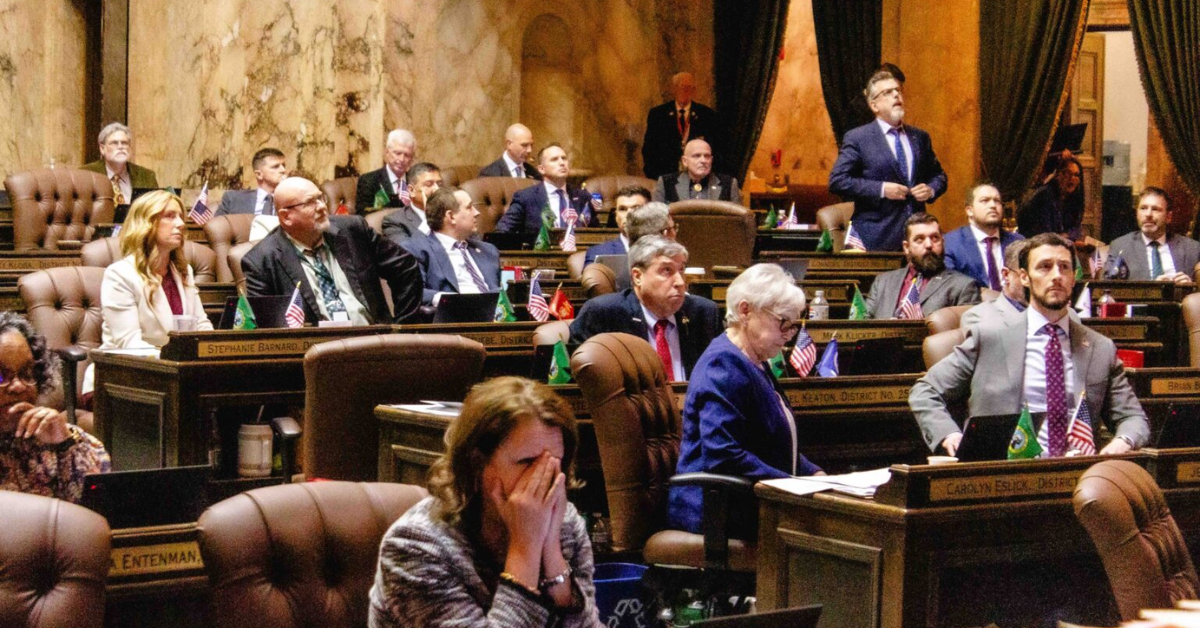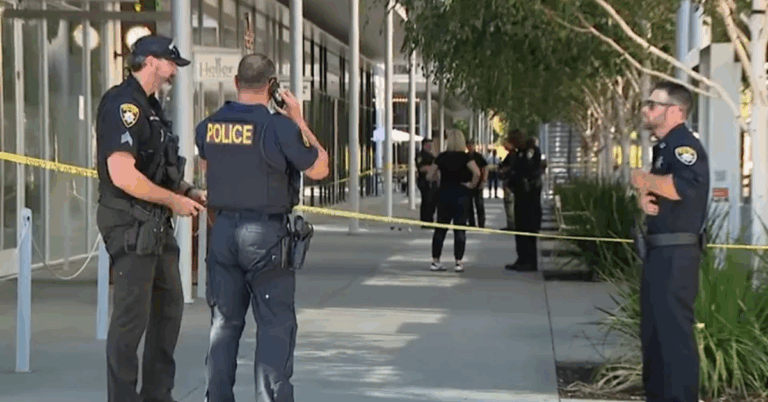
Washington state recently introduced a new vaccine order that has stirred significant controversy among residents and parents. The policy mandates vaccinations for certain groups, raising questions about government authority and the rights of parents to make health decisions for their children. Many people feel this move could undermine parental control and lead to broader implications for personal freedoms.
This article explores the key controversies surrounding Washington’s new vaccine order, its impact on parental autonomy, and the wider public health considerations. Understanding both sides of this debate is essential for those trying to navigate this complex issue, especially families concerned about the balance between safety and personal choice.
What Does Washington’s Vaccine Order Entail?
The new vaccine order requires individuals in specific sectors, including healthcare and education, to be vaccinated against COVID-19 and other communicable diseases. Children attending public schools may also face increased vaccination requirements, which has alarmed many parents who worry about the state intervening in their family decisions.
According to the Washington State Department of Health, these mandates aim to reduce the spread of viruses and protect vulnerable populations. However, critics argue that these policies infringe on individual rights, particularly those of parents who want to decide what is best for their children’s health.
Concerns Over Parental Rights and Government Overreach
Many parents see vaccine mandates as a threat to their fundamental rights. They believe that decisions about medical treatments should rest with families, not government officials. This concern ties into broader fears about government overreach, where individuals feel their freedoms are being reduced under the guise of public safety.
The Centers for Disease Control and Prevention (CDC) acknowledges parents’ rights but emphasizes the importance of vaccines for community health. This has created tension as states like Washington try to increase vaccination rates to protect the public while balancing parental freedoms.
Why Supporters Believe the Order Is Necessary
Supporters argue that vaccine mandates are critical for controlling infectious diseases and preventing outbreaks. They point out that vaccines have been proven safe and effective, reducing severe illness and hospitalizations. For them, protecting public health during a pandemic or other health emergencies justifies some limits on individual choices.
Furthermore, schools are environments where diseases can spread rapidly, and requiring vaccines for students helps keep entire communities safe. The World Health Organization (WHO) also supports vaccination as a key tool in disease prevention, highlighting the collective benefits over individual hesitancy.
How This Debate Affects Younger Audiences and Families
Younger people and families face unique challenges in this debate. Many young adults and parents have grown up in an era where vaccines play a fundamental role in public health. However, the idea of forced vaccination without parental consent can cause confusion and mistrust. Open communication and education about vaccines are essential to help families make informed choices.
Encouraging dialogue between healthcare providers, schools, and families can reduce fears and misinformation. It’s important for younger readers to understand the reasons behind vaccine policies without feeling their rights are being ignored. Finding common ground will help communities stay healthy while respecting individual concerns.
Conclusion: Finding Balance Between Safety and Freedom
The vaccine order in Washington state highlights an ongoing struggle between protecting public health and respecting personal freedoms. While the government’s goal is to ensure the safety of its citizens, many parents feel their rights are at risk. Navigating this complex issue requires careful thought, respect for differing opinions, and emphasis on open communication.
In the end, the challenge is to protect communities from dangerous diseases while honoring the role of parents in making decisions about their children’s health. By staying informed and respectful of all perspectives, society can work toward solutions that prioritize both safety and individual rights.









